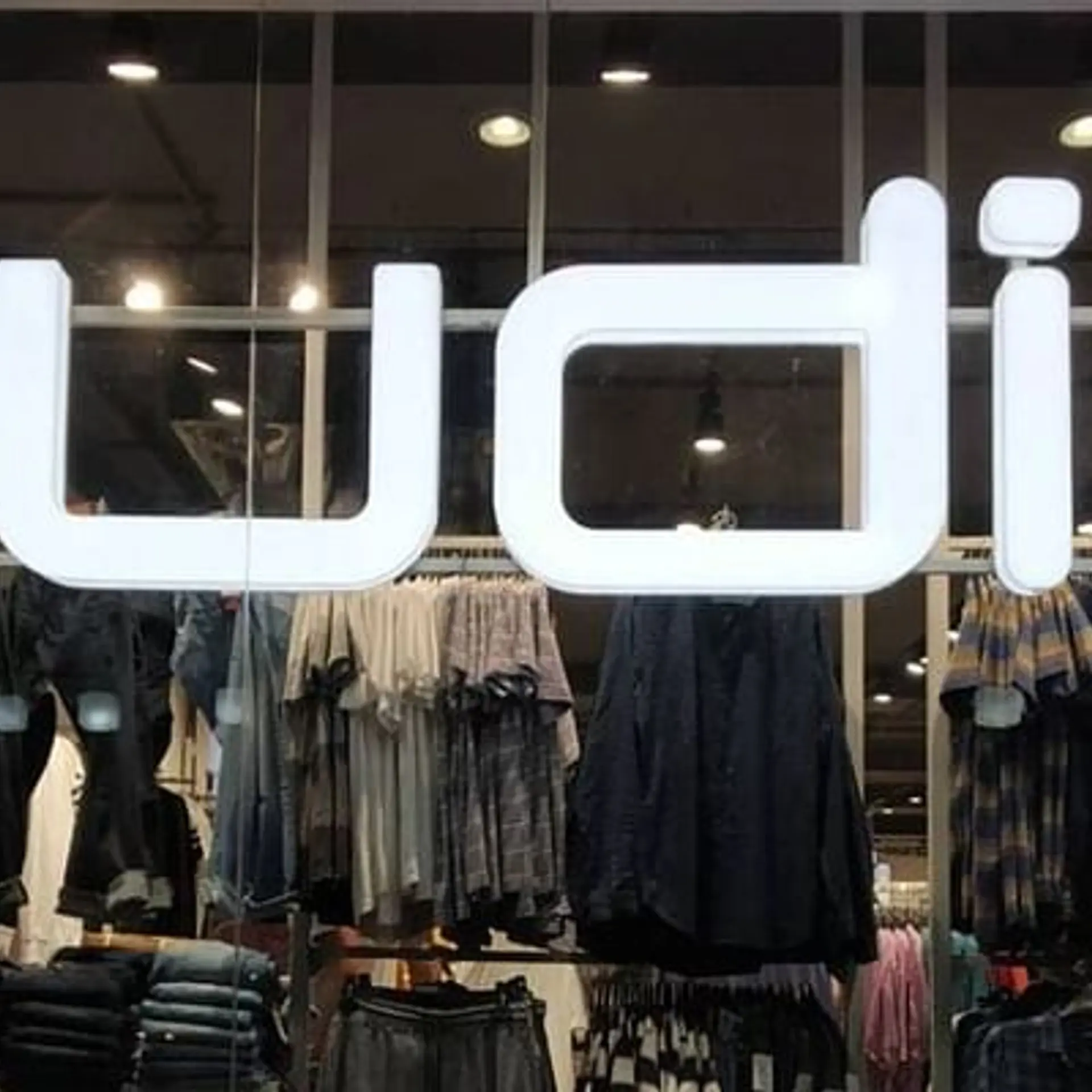You are the hero of the story: Anand Chandrasekaran of Five9 to founders
In this week’s 100x Entrepreneur Podcast, Anand Chandrasekaran, Executive Vice President of Product Management at Five9, talks about building five products with more than 10 million users, the coronavirus impact, and his learnings from Mark Zuckerberg and Marissa Meyer.
Anand Chandrasekaran, the Executive Vice President of Product Management at Five9, has 17 years of experience building successful products and leading organisations.
An alumnus of Stanford University and Harvard Kennedy School, Anand has worked with some of the biggest companies across the globe. He has four years of experience at Yahoo, where he was the Senior Director of Search Products. Anand served as the Chief Product Officer at Airtel and , before taking up angel investing.

Anand Chandrasekaran, angel investor and Executive Vice President of Product Management at Five9
Prior to Five9, Anand was the Director of the Messenger Platform at Facebook. He is also a Board Member of Future Group India.
Apart from this, he has been a seed investor for companies like Fynd, Innov8 Coworking, DealShare, Lucideus, Chatfuel, Osso VR, and Rupeek, among others. About eight of his seed-stage bets are currently valued at over $100 million.
These include online realty platform , online credit ledger startup , e-pharmacy , and analytics and cross-channel engagement platform . In 2020, he invested in Pankaj Chaddah’s mental wellness startup and DIY video creation platform . His latest bet is Delhi-based edtech startup EduRev.
In the latest episode of the 100X Entrepreneur podcast by Prime Venture Partners, a series featuring founders, venture capitalists, and angel investors, Anand spoke to Siddharth Ahluwalia on angel investing and building five products with more than 10 million users.
From Facebook to Five9
During his stint at Facebook, where SaaS company Five9 was a partner, Anand realised the demand for interaction between people and businesses. He says during that time customer care focus got the most traction, and based on that the Facebook Messenger platform could be built significantly.
“There was a clear opportunity to build a SaaS model for delivering these tools to customers, and it was the perfect timing for me to finish what I started during the Facebook journey as a part of Five9,” Anand says.
Five9 recently acquired workforce management software company Virtual Observer and Whendu, a tool that makes it easier to integrate an organisation’s contact centre system with other internal infrastructure.
Angel investing and exits
During his tenure at Snapdeal and Yahoo, Anand moved back to India and spent a couple of years before moving to California to join Facebook. He started angel investing during his stay in India.
Anand recalls that in 2014, the concept of Product Head was still not relevant in the Indian technology market. Startup founders would often reach out to him for feedback, and thus Anand started helping entrepreneurs who were starting up.
“I sort of saw an opportunity to play a role in the growth of the ecosystem, and also to do my part in paying back or paying forward to all the people that helped me out,” he says.
So far, Anand has made almost 50 investments, mostly across marketplaces, in the fintech sector, and a number of SaaS companies that have practical applications of artificial intelligence.
Anand has successfully exited from two companies: Fynd, which got acquired by Reliance Jio, and Innov8 coworking, which exited to OYO.
Three important learnings
As an angel investor, Anand has three key learnings to share. To founders, he says, “Remember you are the hero of the story.” For investors, his advice is that “being founder-friendly is a differentiator”.
His advice for every entrepreneur is simple: “You make your money with your successes, but you make your reputation with the failures.”
The investor believes that all angel investors must align for the long term. “I’ve heard of a lot of angel investors who are patient for two to four years, and exit as soon as the company breaks out. This is probably one of the worst things you can do for yourself.”
On roadblocks and failure
Despite the multiple successes and exits, Anand also had to deal with failure. He says an early-stage investor is bound to expect a bunch of companies to fail. These failures are usually attributed to two problems: when companies grow too fast and if they have complex cost structures and start burning money before attaining product-market fit.
“If you are starting a company, take the time to ensure that you get to product-market fit before scaling and bringing on a lot of people, and increasing the burn,” he advises.
He also believes that it is not possible for a single founder to have all skills needed to start a business, and having a co-founder is smart. It is important that founders have the right chemistry, he adds.
Surviving the pandemic
Anand feels that there have not been many instances where a company that was doing well and deserved to raise capital couldn’t raise funding, but he cannot say the same for unprecedented times like the ongoing coronavirus crisis.
He says he is impressed and inspired by how Airbnb has been navigating the crisis. Similarly, US-based bakery Panera Bread has started new product offerings such as delivering fresh grocery. Panera Bread used a lot of fresh ingredients in their business, and rather than selling cooked items, it now sells milk, bread, and fresh produce to its customers. Thus, the business is doing well even in these uncertain times.
“A crisis like this doesn’t change people. It actually reveals people. A crisis is a great time when people’s true personality are revealed -- it shows character and personality traits.”
Talking about product principles, Anand says a bad economy or a crisis is a great time to understand the value of a product. “Tools that people continue to pay for during a crisis are probably the best tools to survive the crisis,” he says.
He adds that the coronavirus crisis has made us realise how critical it is to stay connected, which is why Zoom is the company of the moment.
“Zoom is not the first company to solve this problem. But the way they did, it simply worked...sometimes, even though the problem statement may have existed, just providing elegant solutions to the problem is a huge differentiator,” Anand says.
Additionally, during times like these, speed is a huge differentiating factor. Zoom, despite going through major security blowbacks, responded incredibly fast, making the problem vanish in many people’s minds.
Learnings from the leaders
Having worked in senior roles at Facebook, Yahoo, and Airtel, Anand had the opportunity to closely work with some global leaders.
The greatest learning from former Yahoo CEO Marissa Mayer has been that “happy people make happy paintings”. That means that if a company’s employees are happy, they will deliver work that delights its customers.
“There is a direct connection between the morale and the health of the team and that of the product,” he says.
His learnings from Facebook’s Mark Zuckerberg and Sheryl Sandberg are that when a company is in a crisis situation, it should not stop building; it should continue building its way out of a crisis rather than becoming stagnant. He adds that his tenure at Facebook also taught him that there are pros and cons for a company that is growing too fast.
Anand goes on to say that Gopal Vittal of Airtel India is one of the best leaders he has met. “He could go on from being incredibly long-term oriented and strategic, from preparing for the arrival of Reliance Jio to going to one region and talking to consumers in that region,” Anand says.
Edited by Teja Lele




![The next chapter in mobile- with Anand Chandrasekaran, Chief Product Officer, Airtel [Video]](https://images.yourstory.com/cs/wordpress/2014/12/Anand.jpg?fm=png&auto=format&h=100&w=100&crop=entropy&fit=crop)





